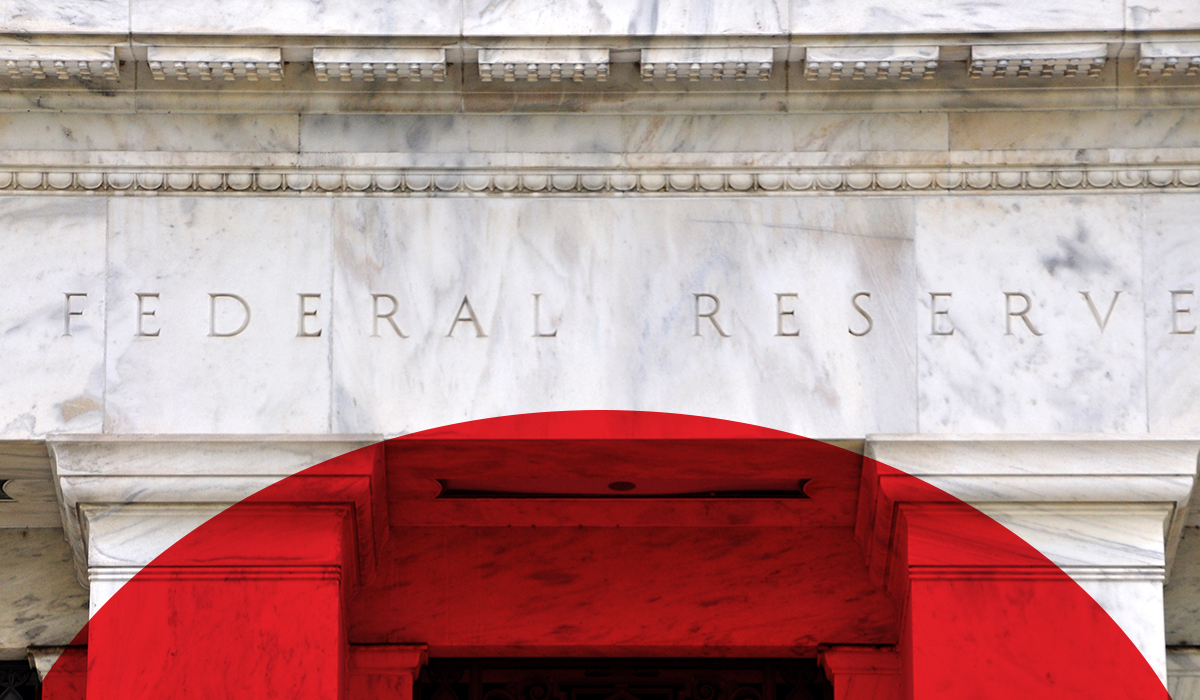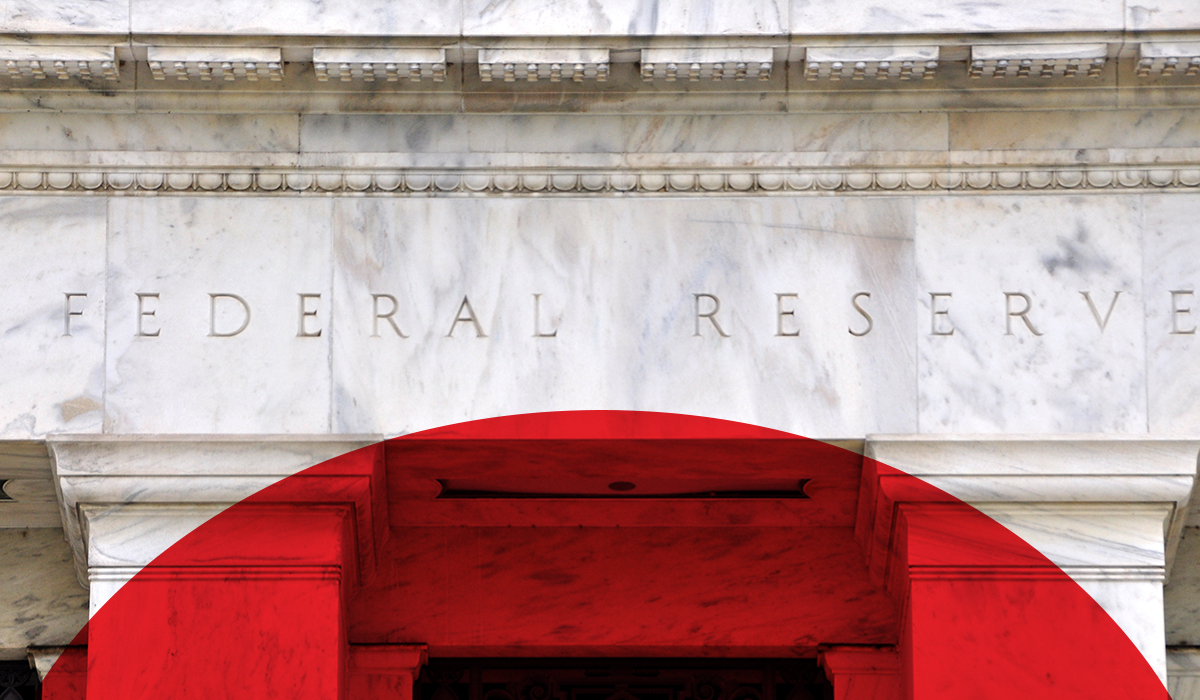Yesterday the U.S. Government took a step addressing robocalls! But in that vein, sorry for the delay in sending out today’s Commentary. I received an email earlier this morning saying that my Mont Blanc quill pen set had shipped, and for me to click on a link to track it. After clicking on the link, I was asked to provide my birthday, address, the VIN on my 1988 Corolla, and some other information. After a while, I realized that a) I never ordered a quill pen set, and that b) Montblanc is actually one word. Another phishing attempt! Steel point, fountain, and ballpoint pens all came along in the 1800s, but where were you 250 years ago? Jokes about older loan officers aside (the oldest person is currently Spain’s Maria Branyas, born in 1907), it was a quarter of a millennium ago when tensions between the American colonists and their British colonizers hit the boiling point, much of it about tea, and finally erupted into the Boston Tea Party on December 16, 1773, a political act of defiance against taxation without representation. Speaking of that era, the first real mortgage loans in America weren’t issued until the late 1700s, after the formation of the first commercial bank. On to mortgage stuff! If you’re not quite ready for that, how about a 17th of December song with a good beat heading into tomorrow?
People, Debt, and Money Management
Loan originators are keen students of people and their financial habits. The highlights report from the latest Logica® Future of Money Study looks at the impact of today’s economy on people’s money management and includes data from a special report on debt, how different generations are saving and investing, especially the newest generation of adults (Gen Z). It also covers who people are turning to for financial advice and what they are expecting from employers in terms of financial programs and money management.
“The top reasons people say they invest are to provide long-term financial security, build wealth and meet financial goals. Thirty-three percent (33 percent) of all generations are saving less compared to six months ago in today’s economy, while 26 percent are saving more. Notably, 42 percent of Gen Z specifically say they are saving more than they were six months ago.
“Areas where Americans want help with financial and investment decisions include understanding the basics of how to invest (61 percent), selecting investment options that align with goals (61 percent), and knowing how to manage money during uncertain financial times (60 percent).” (More information about the Logica Future of Money Insights Kit can be found here.
The Fannie Mae Home Purchase Sentiment Index® (HPSI) decreased 0.6 points in November, remaining within the bounds of the low-level plateau it established in the first half of 2023. Consumers’ perceptions of homebuying conditions remain overwhelmingly pessimistic, as only 14 percent of consumers believe it’s a good time to buy a home, a new survey low. Pluralities of respondents also continue to expect both home prices and mortgage rates to increase over the next 12 months. Overall, the full index is up 7.0 points compared to last year.
“Over the past year, the HPSI has plateaued at a low level, evidence of persistent consumer pessimism regarding the state of the housing market,” said Doug Duncan, Fannie Mae Senior Vice President, and Chief Economist. “Looking back, consumer belief that it’s a ‘bad time to buy a home’ hit a survey high several times this year, including this month, and each time the pessimism could be attributed to high home prices and high mortgage rates. At the end of 2022, as mortgage rates approached 7%, a rate level not seen in over a decade, a plurality of consumers said they expected home prices to decrease; however, that optimism faded over the course of 2023. A significant majority of respondents have also continued to expect mortgage rates to increase or stay the same, though these expectations have tempered over the year. At the same time, consumers have expressed a reduced sense of financial security, with fewer respondents reporting household income growth over the year and a higher percentage saying their incomes remained the same.”
FHA is Alive and Well
Contrary to what some in the industry have said about the government-backed program, things are good.
Recently the Federal Housing Administration (FHA) released its annual report to Congress on the financial status of FHA’s Mutual Mortgage Insurance Fund (MMI Fund) covering FHA’s Title II Single Family Mortgage Insurance programs for fiscal year (FY) 2023.
The percentage of first-time homebuyers using FHA insurance was 82.21 percent of total FHA forward mortgage purchase endorsements. The share of mortgages insured by FHA to borrowers of color reached 30.63 percent of all FHA forward mortgage insurance endorsements.
The MMI Fund’s overall Capital Ratio as of September 30, 2023, is 10.51 percent, a slight decrease of 0.60 percentage points from the previous year. The performance of the forward book of business posted a stand-alone capital ratio of 10.20 percent, decreasing by 0.27 percentage points from FY 2022. The Home Equity Conversion Mortgage (HECM) portfolio stand-alone capital ratio stands at 16.72 percent, a decrease of 6.05 percentage points from FY 2022.
FHA’s serious delinquency rate as of September 30, 2023, was 3.93 percent. This is a decrease of 7.97 percentage points from the peak of 11.90% experienced in November 2020 and is similar to the rate prior to the onset of the COVID-19 pandemic.
Bob Broeksmit, CMB, President and CEO of the Mortgage Bankers Association (MBA), stated, “The FHA program is healthy, with a high capital reserve ratio and delinquency levels that are now lower than before the pandemic. We applaud the tremendous efforts of HUD, FHA lenders, and mortgage servicers in managing risk, originating quality loans, and helping distressed homeowners exit forbearance and stay in their homes.
“The Fund’s capital reserve ratio is far above the statutory minimum reserve ratio and is well positioned to withstand any economic slowdown.
“FHA’s move to lower mortgage insurance premiums (MIP) earlier this year improved the purchasing power for many homebuyers, but affordability challenges persist because of low housing inventory and high mortgage rates and home prices. Further action on the MIP, such as eliminating the life of loan premium requirement, should be considered to provide payment relief to FHA borrowers.
Scott Olson, Executive Director of Community Home Lenders of America (CHLA), noted, “CHLA is thrilled by FHA’s continued financial strength, as evidenced by today’s FHA Actuarial Report. In light of FHA’s financial strength, just as relief from excessive student debt burdens has been a priority, the Administration should make relief from excessive homeownership mortgage cost burdens a priority by ending the FHA Life of Loan premium policy.”
Most FHA and VA loans go into Ginnie Mae securities. Ginnie Mae published its Annual Financial Report for the fiscal year 2023, which highlights its financial performance and accomplishments from the past year, and its plans and approaches for strengthening the U.S. housing finance market and supporting affordable and equitable housing opportunities for all Americans.
Ginnie Mae supported more than 1.2 million households, including underserved communities, first-time home buyers, service members, and veterans. Mortgage-backed security (MBS) issuance topped $404 billion, and the Ginnie Mae MBS outstanding reached another historic high of $2.476 trillion.
To read the Annual Report and learn more about Ginnie Mae’s impressive accomplishments and business highlights during the past year, please visit Ginnie Mae’s website here.
A Wealth of Vendor Program Updates
The days when a mortgage company could do everything by itself are long gone, and “third-party providers” are the norm. Who’s doing what out there?
Secure Insight announced that it has entered into a business agreement with Forta Solutions to provide wire verification technology as an integrated tool in Agility™, Forta’s revolutionary new warehouse lending platform. Designed by warehouse lenders, Agility represents a major leap forward in the banking industry, offering unprecedented flexibility, transparency, and efficiency. Agility is the first adaptable, modern warehouse lending platform built by warehouse lenders that provides a faster, safer path to warehouse liquidity. Agility’s modular-based design, simple integrations and dynamic reporting makes it the perfect choice for organizations seeking to simplify and streamline warehouse lending processes. The SOC II Type 1 compliant platform features automated decisioning engines and customized user dashboards with real-time updates. Secure Insight will be integrated into the platform for the benefit of warehouse bank users.
Secure Insight and Corelogic are partnering in providing vendor risk and wire fraud protection for users of the Corelogic LoanSafe Fraud Manager™ product. Secure Insight provides a data feed to LoanSafe in a product enhancement called SARA” Settlement Agent Risk Assessment. This add-on report is available through the existing fraud protection product offered to Corelogic clients. It provides real time risk assessments of settlement professionals, as well as trust account verification pre-closing to avoid fraud. The collaboration allows the two companies to partner in enhancing wire fraud and closing fraud protection in mortgage transactions. The partnership is the result of the collaborative work of Andrew Liput, CEO at Secure Insight and Bridget Berg, Senior Leader of Loan Solutions at Corelogic.
CBC Mortgage Agency (CBCMA), a Native American wholly owned and federally chartered housing finance agency, is introducing a buydown feature, either a 2-1 buydown or a 1-0 buydown, for its down payment assistance (DPA) program for FHA first mortgage financing which lowers the interest in the first formidable years of homeownership making a significant difference in helping borrowers purchase a home if they can make the payments once the interest rate increases. Read more in the Strategic Vantage Press Release.
Start-up Stairs Financial announced the successful completion of a $3.5 million funding round, offers a mortgage marketplace, now licensed in 40 US states, which enables first-time buyers to identify the support programs they are eligible for, and recommends specific products according to their needs and circumstances.
Floify, the mortgage industry’s leading point-of-sale (POS), announced the launch of Floify Broker Edition, an easy-to-use, one-stop lending platform for mortgage brokers. Thoughtfully configured to make managing loans simpler at an accessible price point for brokers. Floify’s borrower-friendly interface increases application pull-through, while rule-based automations promote operational efficiency by performing rote tasks and advancing loans behind the scenes.
Broker Edition comes equipped with four pillar features that enable brokers to use the platform in lieu of a traditional loan origination system (LOS) or as a complement to their existing LOS.
Mortgage Call Reports (MCR) functionality allows brokers to swiftly generate mandatory NMLS reporting documentation and export reports by quarter, year, and state, streamlining a burdensome compliance requirement. View the Press Release for more information.
As in previous years, the Consumer Financial Protection Bureau (“CFPB”) has updated a couple of the dollar amounts specified in various parts of Federal Regulation Z (12 CFR Pt. 1026), which amounts are required to be adjusted annually for inflation. These amounts include the “Truth in Lending (Regulation Z) Threshold Adjustment” and the “Higher-Priced Mortgage Loans Exemption Threshold Adjustment”. docutech Compliance posted additional details. These changes are available for testing on Stage servers and will take effect on January 1, 2024.
On July 28, 2023, Governor JB Pritzker approved Illinois House Bill 2717 which amends the Illinois Mortgage Escrow Account Act regarding notifications about terminating or continuing escrow accounts for higher-priced mortgage loans. More information is available in the docutech Compliance post: document Updates: Illinois Mortgage Escrow Account Act.
Lenders, there’s still time to participate in the Digital Innovations Survey of STRATMOR Group’s Technology Insight® Study. Whether you are well on your way with your digital plans or are thinking through what to do in 2024, you’ll want the data that is only available from this study. This survey takes less than 10 minutes and participating lenders receive the survey report for free. Don’t miss your chance to have data on the key digital capabilities and the benefits and barriers to the digital technology available in the mortgage market today: take the Digital Innovations Survey now!
In this Strategic Vantage Press Release, the unveiling of new research performed by Snapdocs, the U.S. mortgage industry’s leading digital closing provider, revealed that the majority of lenders who have purchased eClose technology are not realizing the benefits of the product at scale. A survey of 100 top mortgage lenders found, among other things, that global and national banks are more likely to offer hybrid and eNote closings. But credit unions, smaller banks, and independent mortgage bankers are more likely to require all documents to be printed and signed in person at closing, according to the study.
MISMO® announced the publication of the new MISMO Engineering Guideline (MEG) for Extending a Standard MISMO XML Schema (MEG 0025). “The MISMO MEGs ensure that work products adhere to all applicable technology standards, are produced in a consistent fashion, and meet the needs of the mortgage industry,” said David Coleman, MISMO President.
MEG 0025 provides guidance on how to extend the MISMO Version 3.x XML schema – providing an orderly way of enabling a message to hold additional data needed for mortgage processing that is not included in a specific MISMO XML schema version.
Hundreds of thousands of Americans are currently considering homeownership but are facing a major hurdle of a down payment on a new home. According to the National Association of Realtors® (NAR), the median sales price for existing homes in January 2023 was $359,000, which means that a potential homeowner trying to save up a 10% down payment would need close to $40,000. Silverton Mortgage, a leading direct residential mortgage lender, has programs that can help potential home buyers obtain a mortgage loan with no cash down. Eligible homebuyers can receive 100% financing on Conventional, FHA, VA, and USDA loans through a variety of loan programs and, in some cases, second mortgages.
Rapidio, a pioneer of mortgage underwriting technology, officially announced the first component of its FlexStack Component System™: Income Assessment, an automated income verification feature that makes the process quick and hassle-free, ensuring accuracy and reducing processing time. Available across various types of loans, including GSE, FHA, and VA, Rapidio validates, verifies, calculates, and assesses guideline eligibility, and then presents the entire income story to underwriters for review who make the final assessment. Rapidio’s Income Assessment component is part of its Flexstack Component System, providing financial institutions with the foundational architecture to revolutionize the underwriting process. Rapidio is offering financial institutions to try a free, two-week trial of its income component.
MISMO®, the real estate finance industry’s standards organization, published new eVault Standards and SMART Doc® Validation Rules documents, designed to ensure that eVaults have the proper functionality for all industry participants. eVaults using the standards, including the validation rules, ensure seamless interoperability for lenders trading eNotes. The standards contain guidance for the minimum technical standards by which an electronic vault should be built. The SMART Doc Validation Rules document is a consolidated set of rules that outlines the components and fields that are expected in an eNote. Uniformity of eVault platforms and eNote Validation Rules are necessary to alleviate friction between trading partners.



